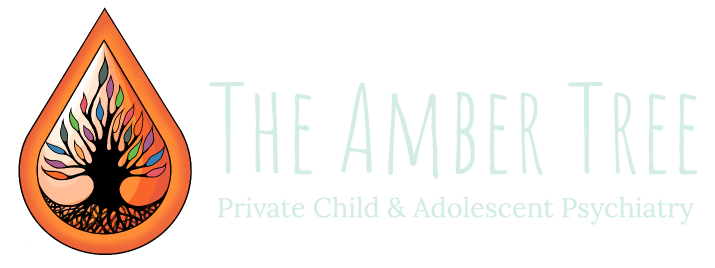Cognitive Behavioral Therapy (CBT) is a widely used form of therapy that focuses on the relationship between thoughts, feelings, and behaviors. It’s an effective tool for managing various mental health challenges and promoting overall well-being.
CBT is a type of talk therapy that helps individuals identify and change negative thought patterns and behaviors. It is based on the idea that our thoughts, feelings, and behaviors are interconnected, and by changing negative thought patterns, we can improve our emotional well-being.
How Does CBT Work?
- Identification of Negative Thought Patterns:
- CBT helps individuals become aware of automatic negative thoughts. These are habitual and often unrealistic ways of thinking that can contribute to emotional distress.
- Challenging Negative Thoughts:
- Once identified, a therapist helps you challenge these negative thoughts by looking for evidence that supports or contradicts them. This can lead to a more balanced and realistic perspective.
- Behavioural Strategies:
- CBT also involves learning and practicing specific skills and strategies to cope with challenging situations. This might include relaxation techniques, problem-solving skills, and communication skills.
- Homework and Practice:
- Between sessions, individuals are often given homework assignments to practice the skills they’ve learned. This helps reinforce the new thought patterns and behaviours.
- Tracking Progress:
- Over time, CBT helps individuals track their progress and see positive changes in their thinking patterns and behaviours.
What Can CBT Help With?
CBT has been shown to be effective in treating a wide range of mental health issues, including:
- Depression
- Anxiety Disorders (such as Generalized Anxiety Disorder, Social Anxiety Disorder, Panic Disorder)
- Obsessive-Compulsive Disorder (OCD)
- Post-Traumatic Stress Disorder (PTSD)
- Eating Disorders
- Phobias
- Stress Management
- Anger Management
- Substance Abuse Issues
What to Expect During CBT?
- Therapeutic Relationship:
- You’ll work with a trained therapist in a safe, non-judgmental environment.
- Collaborative Approach:
- CBT is a collaborative process where you and your therapist work together to identify and address your specific challenges.
- Structured Sessions:
- Sessions are often structured, with a focus on specific goals and techniques.
- Time-Limited:
- CBT is typically a short-term therapy, often lasting from a few weeks to several months, depending on individual needs.
- Initial Assessment:
- In your first session, you’ll have an initial assessment where you’ll discuss your goals, concerns, and any history that might be relevant to your therapy.
Remember, CBT is just one of many approaches to therapy, and what works best for one person may be different for another. It’s important to find the approach that feels right for you
